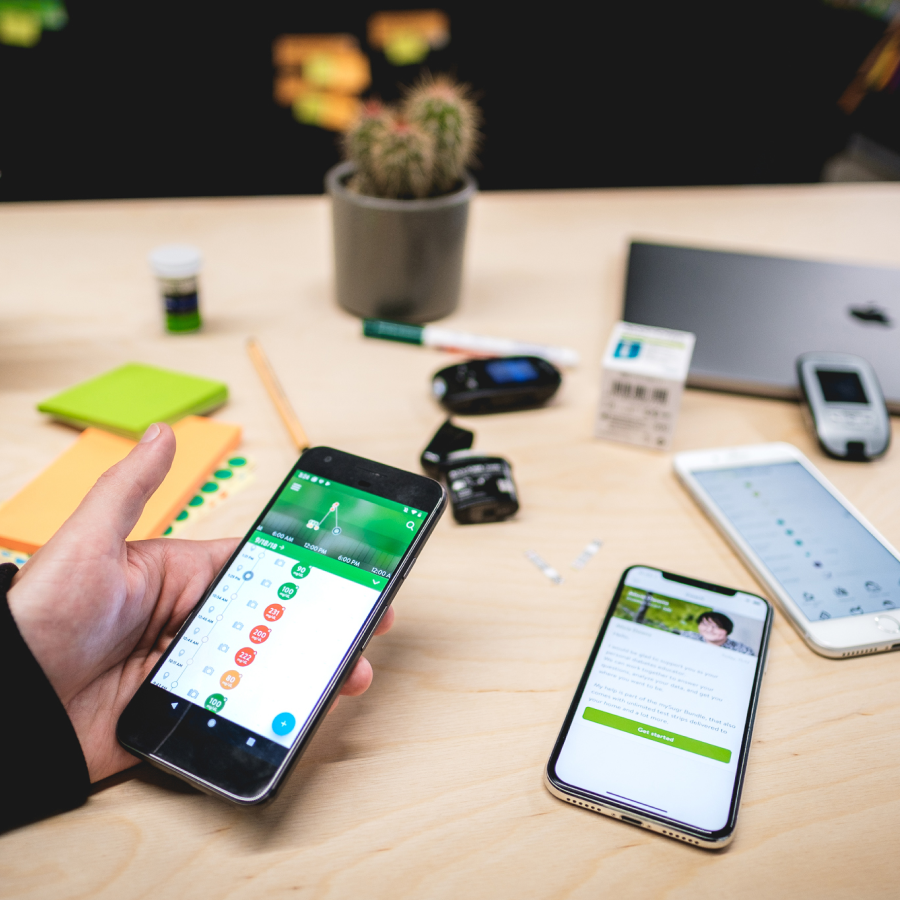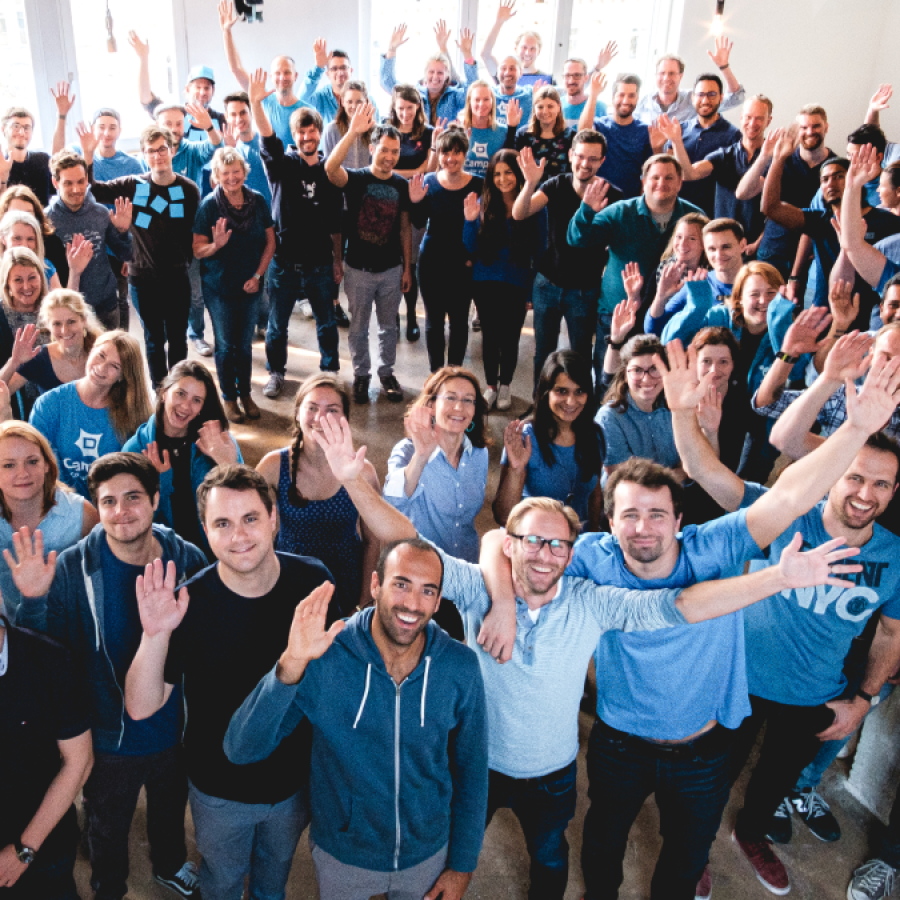Founded in 2012, mySugr® is a digital health company that aims to simplify life with diabetes. As part of the Roche family, we give people with diabetes the tools, know-how, and confidence to ease the complexity of their daily diabetes routine.
mySugr helps to monitor and manage your diabetes with relevant information stored on your smartphone and ready to use. Stay in charge of your health, manage your insulin intake, and take control of your diabetes every day. In short, we aim to make diabetes suck less.


